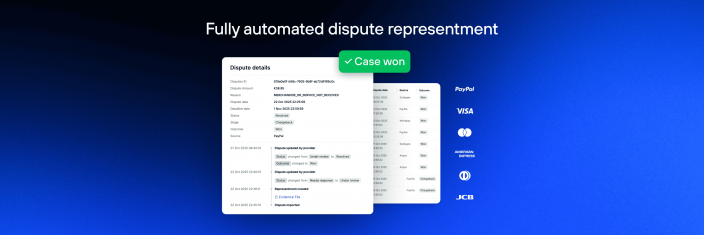SWIFT
SWIFT, short for the Society for Worldwide Interbank Financial Telecommunications, operates as a vast global messaging system, functioning as a cooperative its members own. These members include banks and various financial institutions that utilize SWIFT to swiftly, accurately, and securely exchange information, primarily for money transfer instructions. As a sophisticated conduit for international electronic funds transfers (EFTs), SWIFT does not handle the actual movement of money; instead, it serves as a messaging system that facilitates the seamless transfer of funds between member banks and financial institutions.
Functioning as a payment network, SWIFT enables individuals and businesses to execute electronic or card payments, even if the customer or vendor operates with a different bank than the recipient. Membership in SWIFT entails a one-time fee and annual support charges based on the member’s classification.
Over time, the SWIFT messaging network has evolved into a critical component of the global financial infrastructure. In 2021, over 11,000 global SWIFT member institutions sent an average of 42 million messages daily through the network, marking an 11.4% increase from the previous year.
While SWIFT remains a dominant force in the processing of global payments, it has recently expanded its scope into other areas. One notable development is its involvement in reporting utilities and data for business intelligence. Furthermore, SWIFT has future plans to move beyond financial messaging and evolve into a platform offering transaction management services, signaling its continued growth and adaptability within the financial landscape.
 PayPal
PayPal Blog
Blog

